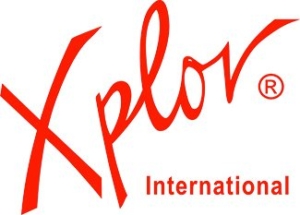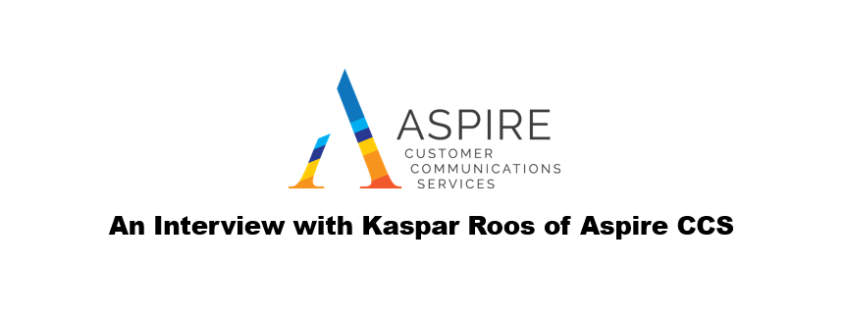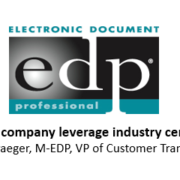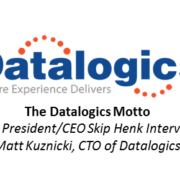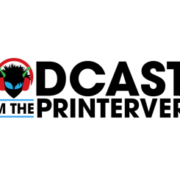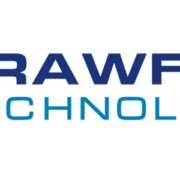An Interview with Kaspar Roos of Aspire CCS
By: Skip Henk, President/CEO of Xplor International
I have known Kaspar for almost a decade and he is the consummate professional. His enthusiasm and dedication to the industry have made him a recognized expert, consultant, and thought-leader in the Customer Communications Management (CCM) industry.
After leaving InfoTrends’, where he lead the global production workflow and customer communications advisory service, Kaspar founded Aspire, specializing in the CCM and Digital Customer Experience (DCX) industries.
Aspire is working on a new study that deals with “How to be successful with digital and omni-channel services at this time of deep disruption”, so I wanted to speak with him about the study and what to expect.
Skip: Kaspar, thank you for taking the time to speak with me. I am intrigued by your new study. Tell me a little about it and what can recipients expect to learn from it?
Kaspar: Obviously, the industry has been on a track toward digitization for two decades now. We’ve seen postal volumes plunge precipitously in Europe and North America since the turn of the last century.
Alongside the march toward digital, the other obvious trend is the shift in the balance of power in the B2C communications market in favor of the consumer. Customer experience has become such an important metric that improving it and perfecting omni-channel messaging have become the top communications priorities for businesses worldwide.
So, with that in mind, when we conceived this research study very early in the year, we were committed to surveying consumers and businesses in the US and Canada to find out what “next gen” use cases and applications were gaining traction in the real world so that service providers could invest accordingly. Of course, in the weeks since its inception, the multi-client has taken on even more pressing relevance than we could have predicted.
Skip: I assume you are speaking about COVID-19?
Kaspar: Yes, North America has only been in COVID-19 “lockdown” for three or four weeks — Europe for a bit longer — but the digital reality has arrived. Changes that seemed unthinkable have found fast roots. Schools and universities have closed and set up for remote learning. Doctors are conducting tele-appointments. WebEx stocks are soaring as businesses use them for virtual meetings and grandparents in quarantine use them to connect with grandchildren they can’t visit. Anyone would have thought those kind of changes would have taken months, if not years, to set up, but the threat of a global pandemic pushed up the timetable to just a few days. What we’ve witnessed is a significant acceleration of the digital evolution.
It reminds me of the Canadian postal strike that sped up digital adoption and dealt postal volumes a blow from which they’ve never recovered. This event is magnitudes larger and more impactful. Whether social distancing measures last for three months or eighteen, these new ways of interacting are changing the model and altering the ecosystem. This research will help us quantify those changes so we can help providers understand what that means for their business and operating models.
Skip: What’s your timeline for this research? Will it be affected by any economic downturn?
Kaspar: We’re planning to field throughout most of the month of May, so we’re asking for early bird subscriptions before Friday, April 24. Participants signing up before that date will have the opportunity to review a draft of the survey questionnaire and offer feedback before it goes live. After the results have been analyzed, we will deliver a written report of the findings in June and schedule remote briefings with every subscriber thereafter.
We know that the economic uncertainty has people scrambling, but surveys take time to develop and field, and these questions need to be asked, now more than ever. No matter what the economic outlook, communications will continue — they will just be communications in a new reality and on a different mix of channels and through emerging applications and use cases. Business users will need to own communications and manage them from wherever they’re working. Providers will also be facing new competition. Traditional players will need to evolve because digital agencies, business consultancies, solutions integrators and software vendors will all be pursuing the omnichannel opportunity.
What will they all need to do to be successful in the new paradigm? It’s an important question. It’s THE question. That’s why we’re moving now. We have to capture this data while it is most relevant.
Skip: So, what will this study entail?
Kaspar: We’re taking a two-step approach to help service providers transform for digital success. First, will gather the latest market intelligence by surveying 2,000 consumers and 300 businesses in the US and Canada. We want to know what experiences consumers value and what challenges businesses are facing in delivering them. What are these businesses’ investment plans and what do they need from providers? Second, based on these findings and how they rate on the scale of digital maturity, we’ll help subscribers navigate their way to success in this new paradigm by providing input on business planning and strategy so they can align people, process, and technology to create competitive value and differentiate themselves in the market.
Skip: Kaspar, thank you for your time an insight. I look forward to seeing the finished product. Any closing thoughts?
Kaspar: Thank you for the opportunity. If people are interested in subscribing, have questions, or would like additional information please reach out to Paul Abdool (paul.abdool@aspireccs.com) or Will Morgan (will.morgan@aspireccs.com).
Aspire Customer Communications Services
The Junction
Station Road
Watford
WD17 1ET
United KingdomTel: +44 1923 605 526
Email: info@aspireccs.com
About Kaspar Roos: Kaspar is a leading expert, consultant, and recognized thought-leader in the Customer Communications Management (CCM) industry. He is the CEO and founder of Aspire, a boutique consulting firm specializing in the CCM and Digital Customer Experience (DCX) industries. Kaspar has more than 15 years of experience in the CCM space and is a regular speaker at industry conferences and events. He has worked with every leading CCM technology vendor and many leading service providers to help them with strategy and business development.
In June 2018 Kaspar spearheaded the launch of The Aspire Leaderboard, the industry’s first interactive CCM vendor positioning portal. Designed to take the complexity out of CCM decision-making, the Leaderboard features independent vendor evaluations, supported by dynamic filtering capabilities, alongside the latest CCM news, insight and events.
Prior to establishing Aspire, Kaspar was responsible for running InfoTrends’ global production workflow and customer communications advisory service. Here he provided market research, insights and strategic consulting services that helped leading technology vendors and service providers understand the shifts in the customer communications and workflow markets.
Kaspar received a Masters of Science (MSC) degree in Industrial Engineering and Management from the University of Twente (Netherlands), with specializations in information systems and business-to-business marketing.
